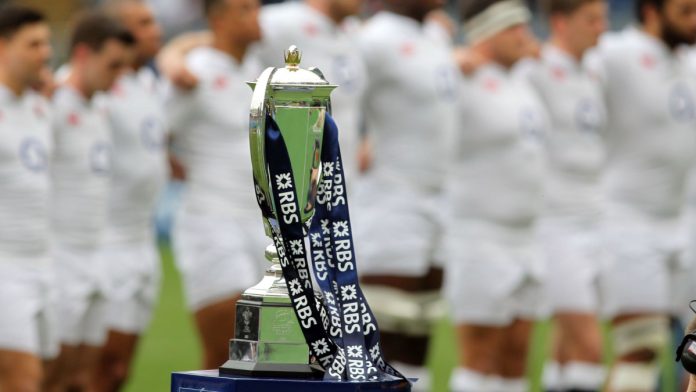The free-to-air sports offering available to the UK public may shrink even further according to Barbara Slater, the outgoing Director of Sport at the BBC.
Slater appeared before the Culture, Media and Sport Select Committee this week alongside ITV’s Director of Sport Niall Sloane, with the duo discussing the uncertain future of free-to-air broadcasting in the UK.
Their comments came shortly before the Department of Culture, Media and Sport (DCMS) provided an update on the second reading of its Media Bill, one of the goals of which is to ‘protect free access to crown jewel sports events’.
If Slater’s comments are taken on board, the legislation could ‘not come quicker’ – the BBC Sport Director explained to MPs, in a session which mainly focused around the development of women’s sport in the UK.
However, media rights also came up on the agenda. Slater noted that media rights costs have doubled over the past decade, whilst in contrast, the BBC’s ‘income in real terms’ is down 30% during the same period.
“It is incredibly difficult for the BBC to maintain across a range of sports the expectations of those governing bodies,” she said.
“We feel really proud of the events and sports that we have acquired. We have done partnership models – we have had to do partnership models to be able to retain the portfolio that we have. We have some very successful partnership models with ITV and similarly with Sky.”
Britain’s state-backed public service broadcaster has been able to ink deals with commercial firms ITV – which is also free-to-air, paid for by advertising – and Sky, a paywalled broadcaster which also generates advertising income.
Slater referenced the deal between the BBC, England Cricket Board (ECB) and Sky covering The Hundred T20 championship as one example. The BBC is the ECB’s public broadcast partner, whilst Sky Sports also has a media rights deal for the tournament.
This has seen The Hundred matches, which includes women’s cricket as a core element, broadcast free-to-air. The arrangement is due to expire next year but there is potential for renewal.
Overall, however, the BBC and ITV’s main roster of free-to-air sports content consists of international national team competitions – the FIFA World Cup, Rugby World Cup, Six Nations and Olympics, for example.
The Six Nations has been free-to-air since 2003, but in 2016, the BBC ceded exclusive rights to the tournament and signed a co-broadcasting deal with ITV in order to prevent Sky from securing the contract, which was renewed in 2021.
In response to a question from Kevin Brennan MP as to whether a similar deal could be made for the Rugby World Cup, Slater remarked: “We are not afraid of creative and innovative partnership models to make sure that we are striking a balance. There is free-to-air exposure of key events in the UK.”
Despite this, there are concerns that rising media rights costs, coupled with falling revenues for Britain’s free-to-air broadcasters, could result in competitions like the Six Nations ending up behind a paywall.
The FIFA World Cup, Olympics and Rugby World Cup final are Category A sporting events, meaning the free-to-air status of these fixtures are guaranteed by the government, but the Six Nations is not.
ITV’s Sloane added: “I do not think we have ever done a deal where there was not speculation, probably well founded speculation, that it could in part or in whole go to a pay operator—less so with the Rugby World Cup because we have done only two deals in my time at ITV.
“I think they recognise that if you are going to grow the game, something like the Rugby World Cup should be on free-to-air, but there is no guarantee of that whatsoever.”
Under DCMS’ Media Bill, ensuring that ‘our biggest sporting moments’ – namely the FIFA World Cup and Olympic/Paralympic Games – remain free-to-air and protected from unregulated streaming services is listed as a priority.
However, there is no mention of other popular tournaments, even national team competitions such as the Six Nations, and so the broadcasting fate of these seems to remain, for now at least, a commercial matter.






















